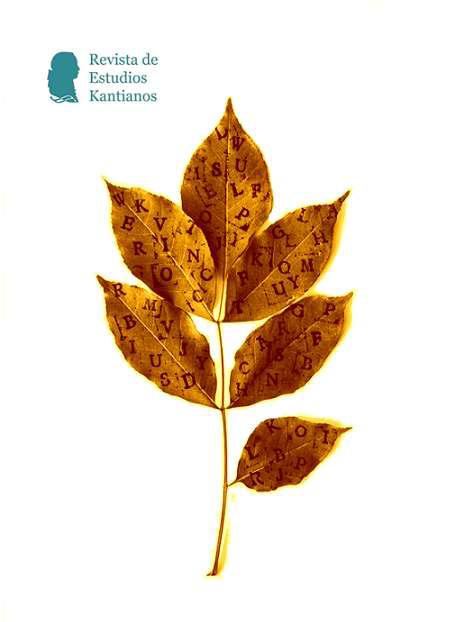Presentación de los editores al número monográfico. La actualidad de la Crítica de la razón pura: Parte Teórica
DOI:
https://doi.org/10.7203/REK.4.2.15571 Abstract
Abstract
En 1790 Kant anunció que daba por concluida la totalidad de su «empresa crítica» [«Hiermit endige ich also mein ganzes kritisches Geschäft», KU, 170]. A sus lectores le correspondería ahora la tarea de «aportar su parte» en el «sendero» allí trazado –como ya apuntó en 1781– para convertirlo en un «camino real» [«Heeresstraße»] (KrV, 856/884). Más de dos siglos después de aquella declaración, y cerca del tercer centenario del nacimiento de este pensador revolucionario, tal empresa, lejos de su consumación, aún sigue viva y nutriéndose de las aportaciones que surgen en los debates filosóficos de los últimos años. Ya sea como partidario o detractor, ya sea con la pretensión de reformular o superar, no hay duda de que a ningún filósofo le puede resultar indiferente el pensamiento de Kant, como él mismo señalaba respecto de las exigencias de la Razón (KrV, AX). Intentar trazar un mapa de esos debates, de su profundidad y de su concreta imbricación en el presente fue el principal objetivo del IV Congreso Internacional de la Sociedad de Estudios Kantianos en Lengua Española (SEKLE) organizado en Valencia del 15 al 19 de octubre bajo el título “La actualidad de la Crítica de la razón pura”.
 Downloads
Downloads
Downloads
Published
How to Cite
-
Abstract481
-
PDF (Español)335
Issue
Section
License
![]()
The authors who publish in this journal agree with the following terms:
- The authors retain their copyright and guarantee to the journal the right to be the first to publish the work and to license it under a Creative Commons Attribution License that allows others to share the work with an acknowledgement of its authorship and the initial publication in this journal.
- Authors may separately establish additional agreements for non-exclusive distribution of the version of the work published in the journal (for example, placing it in an institutional repository or publishing it in a book), with acknowledgement of its initial publication in this journal.
- Authors are allowed and encouraged to disseminate their work electronically (e.g., in institutional repositories or on their own website) before and during the submission process, as this can lead to productive exchanges as well as earlier and greater citation of published work (see The Effect of Open Access).








